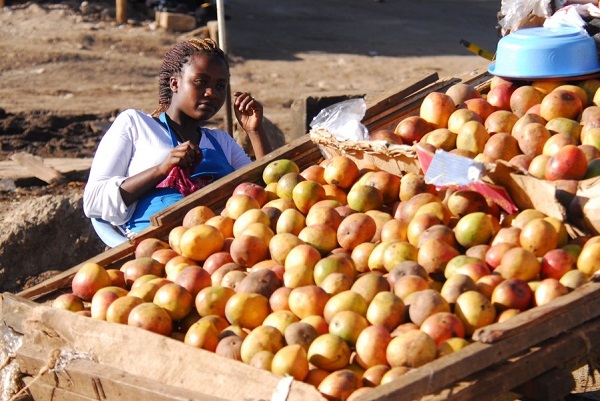Nairobi, (Samajweekly) The United Nations refugee agency said it has shared with Kenya a proposed set of sustainable and rights-based measures aimed at identifying solutions for refugees living in camps in Kenya.
The Dadaab and Kakuma refugee camps, located in Kenya, host some 430,000 refugees and asylum-seekers of more than 15 nationalities, Xinhua news agency reported on Friday.
Fathiaa Abdalla, the UNHCR representative in Kenya, said the UN agency has proposed enhanced voluntary repatriation in safety and dignity, while taking into account the movement restrictions related to the ongoing Covid-19 pandemic.
“We have heard the concerns expressed by the government of Kenya and hope that these measures will be a significant step forward in accelerating sustainable solutions for all those concerned,” she said in a statement issued in Nairobi.
The UNHCR supports speeding up the issuing of national identity cards to more than 11,000 Kenyans who have previously been identified as registered in the refugee database, and continuation of the vetting process for others in similar circumstances, Abdalla said.
She said the UNHCR recognizes the tremendous generosity that the people and Kenyan government have demonstrated towards refugees for many decades and the need to resolve situations of longstanding displacement.
The UNHCR has suggested the provision of alternative-stay arrangements to refugees from the East African Community (EAC), which groups Burundi, Kenya, Rwanda, South Sudan, Tanzania, and Uganda.
This would represent a major opportunity for refugees to become self-reliant and contribute to the local economy, the UNHCR said.
The UN agency also proposed resettlement to third countries for a small number of refugees who are not able to return home and face protection risks.
“We believe that through joint renewed actions we can put in place measures that respect refugee rights and lead to sustainable solutions,” Abdalla said. “We look forward to continuing our dialogue and collaboration with the Kenyan authorities and partners on this important matter.”
On March 23, the Kenyan government announced its intention to close the two major camps, creating uncertainty for more than 400,000 refugees.
Nairobi told the UNHCR said that there is no room for further negotiations on the closure of Dadaab refugee camp, which mainly hosts refugees from Somalia, and Kakuma camp, which hosts refugees from South Sudan, Burundi, Rwanda, and Uganda.
However, the High Court on Thursday temporarily blocked the closure of two refugee camps for 30 days pending the hearing and determination of a petition filed by a local politician.
Kenya, which hosted protracted negotiations that culminated in the formation of the transitional federal government of Somalia, says the refugee situation continues to pose security threats to Nairobi and the region, in addition to humanitarian challenges.










